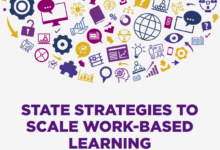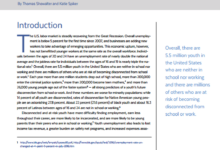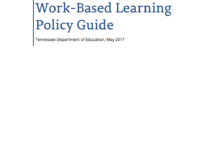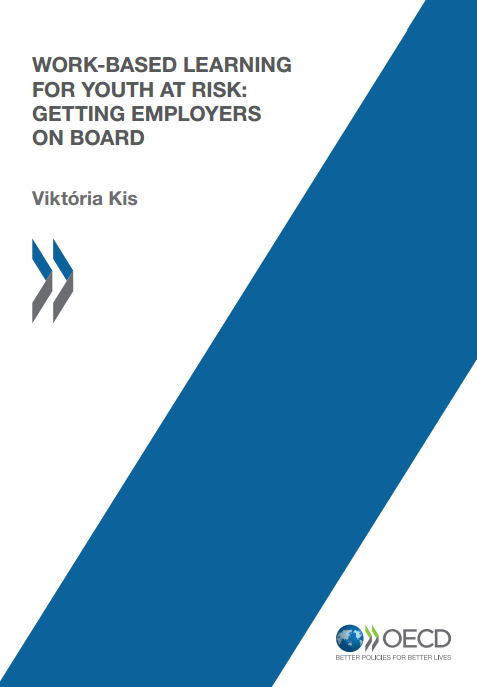To reduce the number of out-of-school and unemployed youth, the international education community is turning to work-based learning as a strategy for facilitating the school-to-work transition and preparing students for economic success. Key to an effective work-based learning strategy is strong will and commitment from employers.
The Organization for Economic Co-Operation and Development (OECD) released this policy paper to explore strategies for making work-based learning more attractive to employers. For employers to be motivated to hire at-risk youth, they must see work-based learning as more than a social responsibility, but also as a strategy to improve the company’s bottom line. The paper proposes:
– Shift the cost-benefit balance of apprenticeships for employers who engage youth at risk;
– Adjust parameters of apprenticeship schemes;
– Better prepare at-risk youth for apprenticeships; and
– Provide support to at-risk youth during apprenticeships.
This paper is the fourth module in a six-part series on work-based learning.







